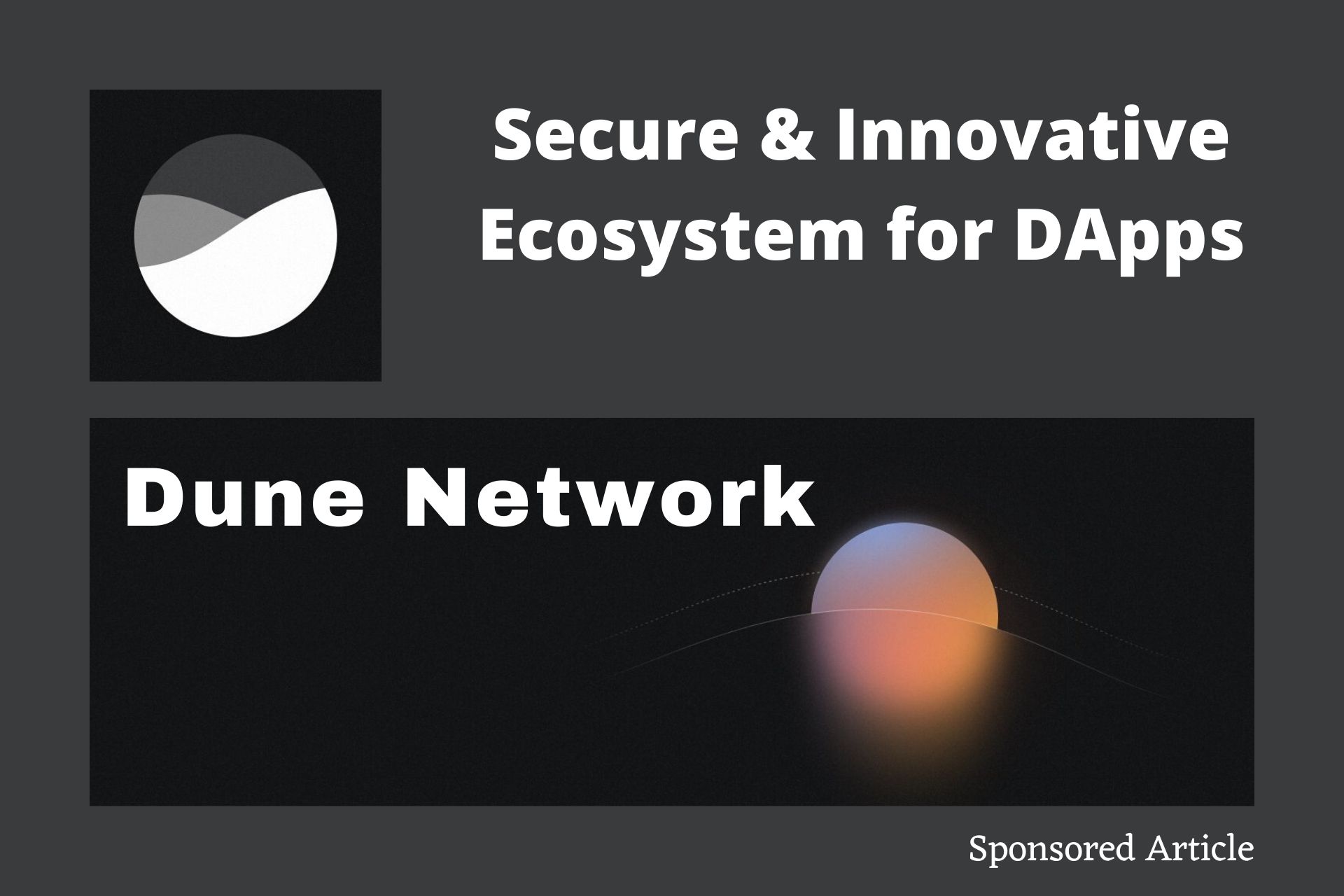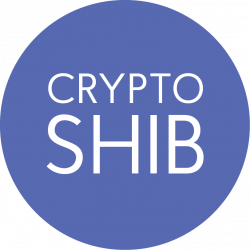Dune Network: Creating A Secure and Innovative Ecosystem for Developing Decentralized Applications for Businesses

As more and businesses are looking at looking to adopt a blockchain-based solution, the demand for decentralized applications is also rising considerably. Sadly, there are a few blockchain platforms available that can cater to the needs of enterprise-grade decentralized applications while simultaneously focusing on security and accessibility.
Independent blockchain platform Dune provides an entire ecosystem for DApps, features and tools. Besides, the platform aims to offer technical support to businesses to help them scale further.
The major focus of the Dune blockchain is building a community of established businesses while offering its smart contract platform to build DApps. As a result, the Dune Network also supports multiple smart contract languages to design DApps and facilitate secure transactions.
Dune is basically a business-oriented blockchain platform and an extended version of the Tezos open-source software. By supporting multiple programming languages, the Dune Network aims to provide an easier way to build and develop decentralized applications (DApps).
Through its Liquid Delegated Proof-of-Stake (LDPOS) model, the Dune blockchain can work as a public ledger with its native Dune (DUN) tokens. Besides, it can also work as a free software platform for private blockchains having a focus on security, ease-of-use, and correctness.
Dune Network’s LDPOS Algorithm
With the Liquid Delegated Proof-of-Stake (PoS) consensus model, the DUN token owners are responsible for creating new blocks on the Dune Blockchain Network. In the Tezos’ terminology, this process is called as baking. These token owners are also responsible for endorsing blocks created by other bakers.
The LDPOS protocol considers the stake for determining the bakers and endorsers. The tokens are then gathered in the groups of 10,000 DUNS called as a roll. More the rolls a baker holds, the more likely he/she will be chosen for baking and endorsing the new blocks.
Bakers and endorsers receive rewards for every baked block and every endorsement added to the blockchain.
Since the Dune Network is an extension of the Tezos blockchain, it is even backward-compatible with Tezos. The Dune Network inherits some of the Bezos network ecosystems like baking software, hardware and software wallets, compilers and interoperability libraries, etc.
Some of the powerful and innovative features indigenous to the Dune blockchain are fee-less smart contracts, powerful and easier to use smart-contract languages, simpler and realistic governance models, etc.
Dune Network Smart Contract Languages
The distributed applications that businesses build on the blockchain platform usually include smart contracts. The programming languages used for writing these smart contracts either bring a trade-off between ease-of-development and security.
The Dune Network eliminates this trade-off by offering the built-in support for different programming languages at the protocol level in the blockchain. The goal is to make developers feel comfortable in using the languages of their choice and letting them switch to other progressive alternatives. Let’s take a look at some of these languages in brief.
- Liquidity 2.0: This programming language allows developers to write contracts with multiple entry points. Besides, it also allows the use and implementation of custom libraries available in other contracts.
- Love VM: The Low-level language for Verification and Efficiency (LOVE) is said to be the Dune Network’s main smart contracts target language. All contracts written in Liquid 2.0 are stored on the blockchain in this format and later interpreted by the Dune nodes.
Love is a target language for other high-level languages. It is an easily understandable and complete language from which any high-level language can be compiled.
The three notable features of the Love programming language are Safety, Performance, and Long Term Support. The Love language also offers exclusive features for improving smart contract design and implementation. Some of the key features of the Love Smart Contract Language are:
- direct read-only access to another contract’s storage
- library contracts that can be either statically or dynamically referenced
- easy-to-read target language for higher-level languages
- high-level enough so that contracts can also be directly written in Love.
Another interesting feature of Love is to define functions that allow the existing contract’s storage to be read by another contract.
- Solidity Parser: Recently, the Dune Blockchain announced its new smart contracts language Solidity Parser written in OCaml using Mehnir. Solidity is one of the popular smart contract languages in the market.
It is an object-oriented language written in Javascript-like code. Solidity triggers small pieces of code whenever the accounts receive transactions on a blockchain. Solidity was first implemented in the Ethereum blockchain along with a compiler to the Ethereum Virtual Machine (EVM).
Dune Blockchain Tools
The Dune Network features a complete ecosystem of tools around it blockchain. Below are some of the important tools of the Dune Blockchain.
- Dune Metal: This is an extension of Google Chrome, Brave, and Firefox browsers that manages cryptographic keys and signs transactions for DApps on the Dune Network.
The job of Dune Metal is inserting the Dune Web Wallet in your browser extension, serving as a complete bridge between the Dune Blockchain and your web browser.
Using Dune Metal, users can easily transfer the DUN tokens, delegate to earn rewards, as well as originate new accounts. More than this, it allows businesses to run their blockchain applications right in the browser without any technical cost of running their own node. - Dune Playground: Not so much a tool, as a showcase, Dune Network recently released this game platform to demonstrate the abilities of the network, and also allow newcomers to test out the features of Dune without having to buy any coins using their unique collect-call smart contracts.
- DunScan: This is a complete block explorer that offers an easy way for validators to understand the protocol as well as the performance of their baker.
- Dune Wallet: A web wallet that interacts with public and private nodes to perform transactions on the network. This is a hot wallet that is online 24 x 7.
Along with the developers and users, Dune Network offers a host of tools for nodes and bakers, like Dune Baker Hub and Dune Snapshots.
Conclusion
While there are many blockchain-based DApp solution providers in the market, the Dune Blockchain is first-of-its-kind addressing the needs of all participants i.e. developers, validators, and businesses.
Its enterprise-grade decentralized applications help businesses to scale in a seamless and hassle-free way.
